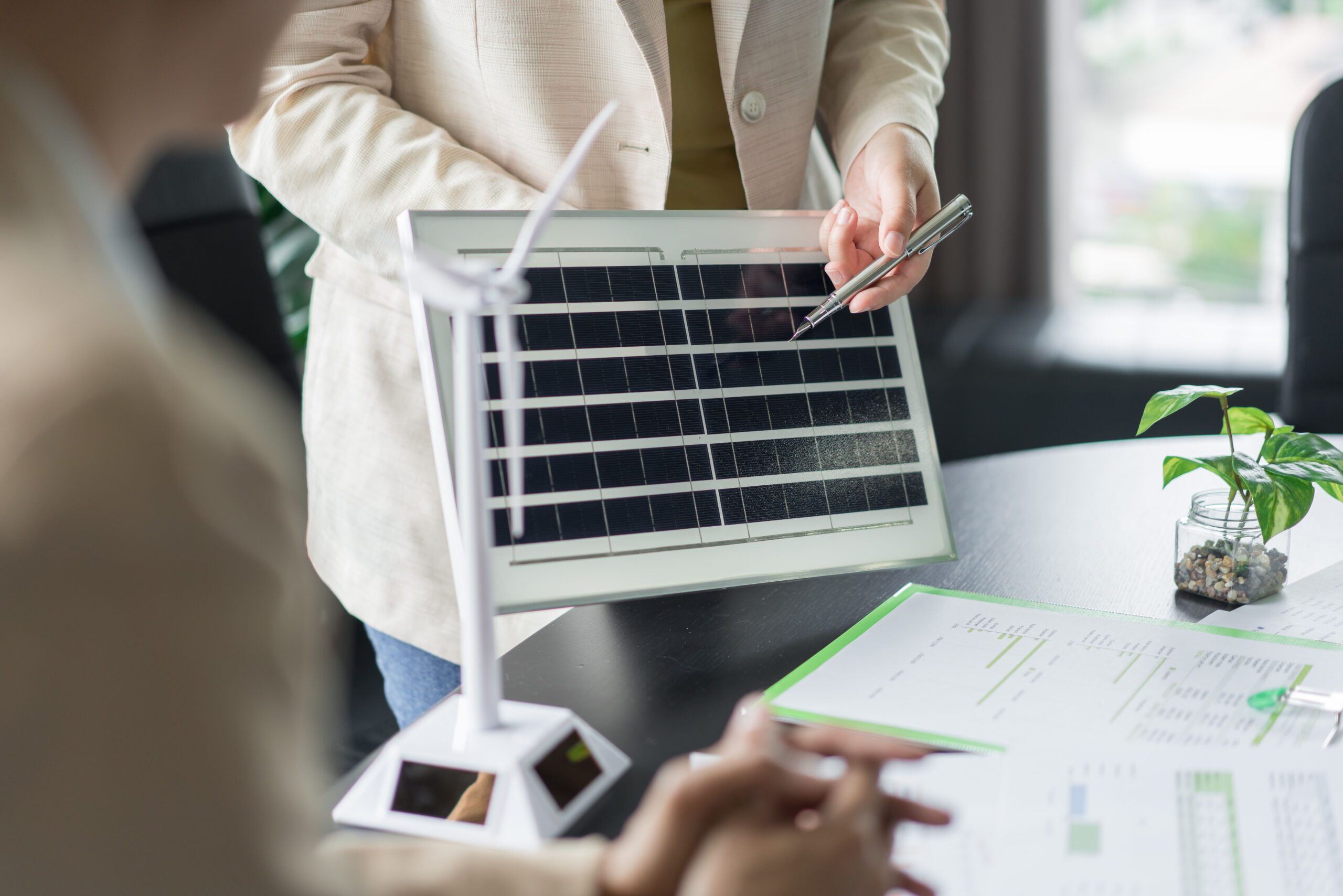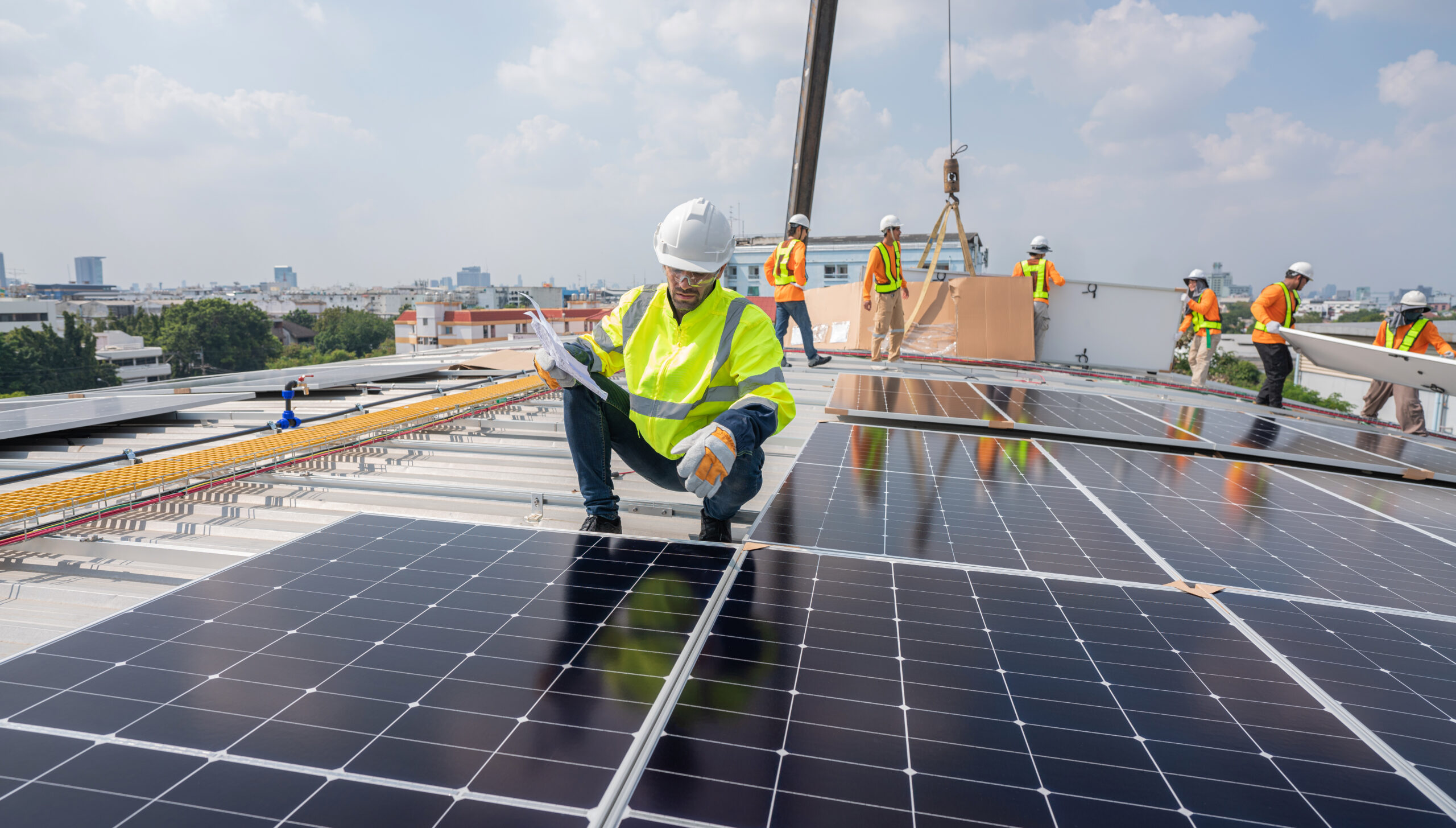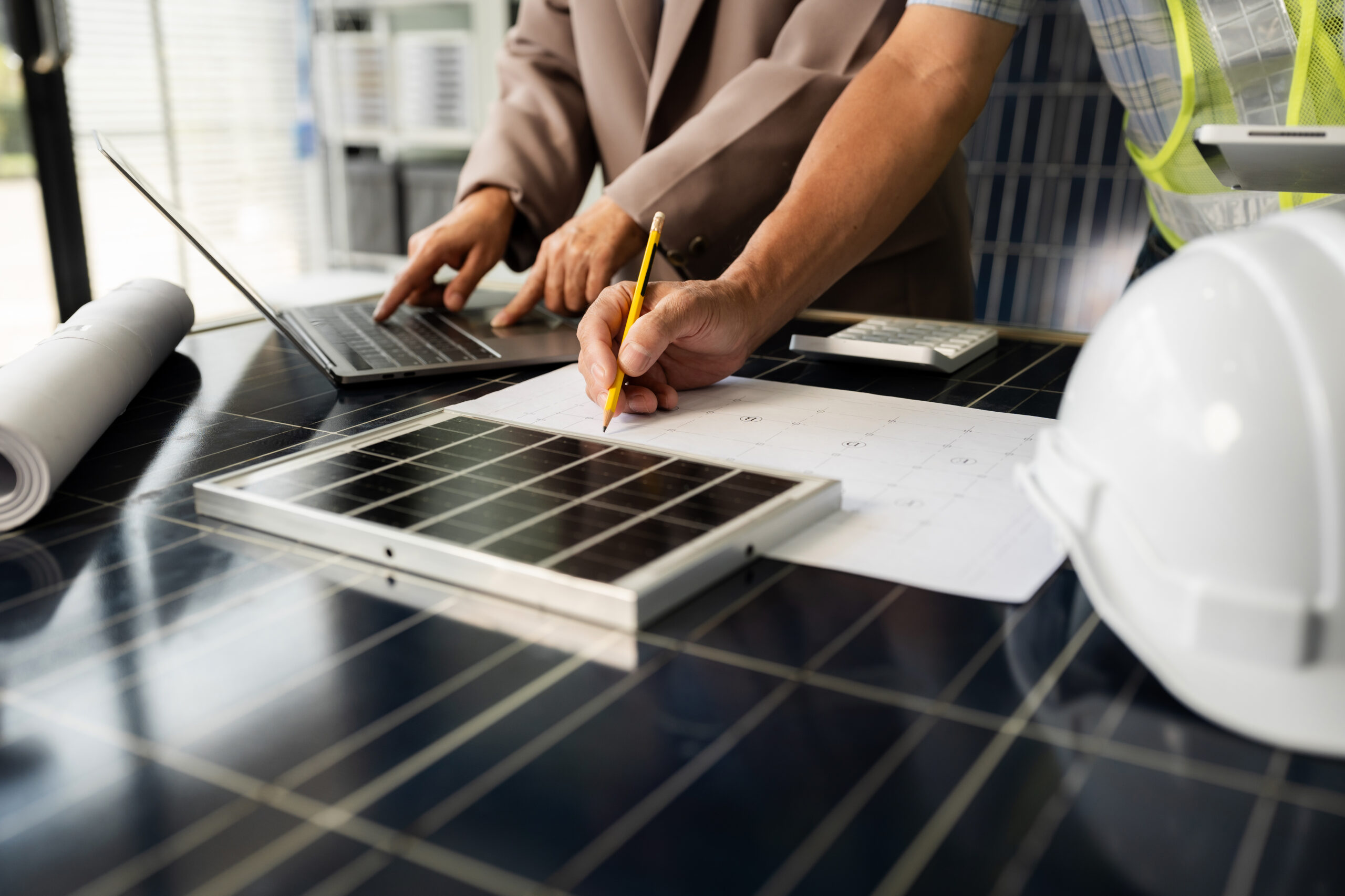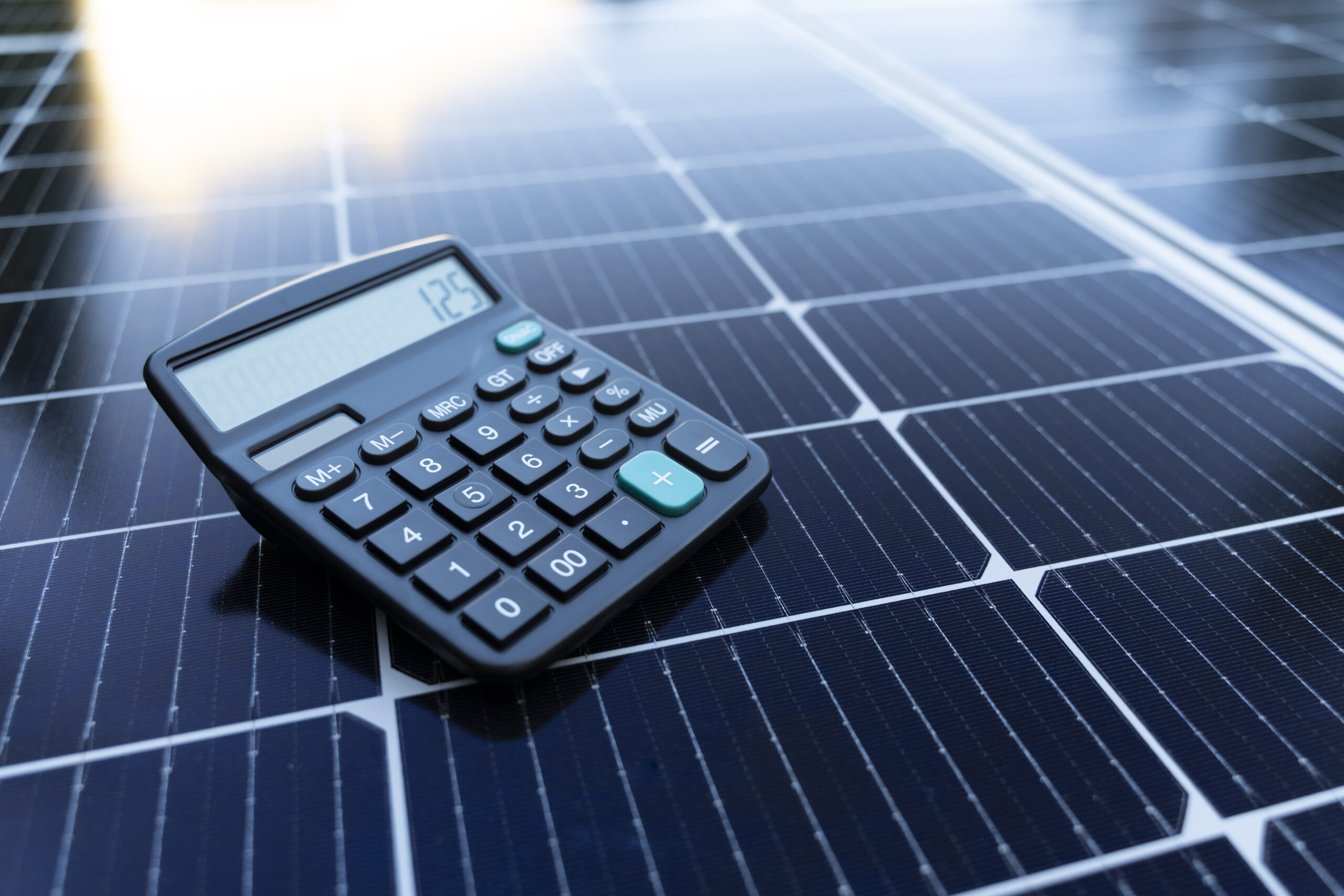
Smart Proven Guide to Solar Financing Nova Scotia: Loans, Leases & PPAs
Author: Mariela Guanchez
I often hear, “Mariela, I love the idea of panels, but how do I swing the cost?” Frankly, solar financing Nova Scotia has never been more flexible, so affordable solar panel installation in Halifax, Nova Scotia is well within reach. Let’s break down three main paths—loans, leases and Power Purchase Agreements (PPAs)—plus the incentive mix that keeps payback sane even without cash‑back programs.

1. Loans — Own Your Array From Day One
How it works. You borrow the capital (hello, Canada Greener Homes Loan—0 %, up to $40 000 for 10 years) and repay it monthly .
Why it shines. Full ownership locks in net‑metering credits and lets you add batteries later with zero contract drama.
Typical math. A $25 000 note over 10 years ≈ $208/month—roughly what a 6 kW array wipes off the power bill.
For instance, a Bedford family swapped a $189 winter bill for a $205 loan payment and expects pure savings after year 8.
Key loan questions for installers
- Will you shepherd my Greener Homes application?
- Any pre‑payment penalties if I refinance or sell?
- Do you offer credit‑union green loans as a fallback?
2. Leases — “Rent” the Hardware, Skip the Headaches
A leasing company owns the panels; you pay a fixed monthly fee. Therefore, inverter hiccups are on their dime, not yours.
| Upsides | Trade‑offs |
| Tiny (or zero) down payment | No equipment equity |
| Provider handles maintenance | Contract transfer needed if you move |
| Predictable budgeting | Upgrades require renegotiation |
Leases suit owners who value convenience over maximum long‑term return—and they still count as solar financing Nova Scotia because they flatten out upfront cash.
3. PPAs — Pay per kWh, Not per Panel
Under a PPA, the provider installs, owns and maintains the system; you buy solar power at an agreed rate, often below Nova Scotia Power’s $0.18/kWh. Consequently, savings roll in immediately without loan paperwork.
However, you forfeit net‑metering exports—those credits stay with the provider.
Today’s Incentive & Support Toolkit (Rebate‑Free)
| Tool | Snapshot | Why It Matters |
| Canada Greener Homes Loan | 0 %, 10 yrs, up to $40 000 | Turns capital cost into bill‑neutral instalments |
| PACE Property‑Tax Loans | Offered by HRM & select towns | Debt attaches to the house; easy resale hand‑off |
| 1:1 Net‑Metering (NSP) | Annual true‑up, credits roll 12 months | Monetises summer surplus for dark winter days |
As you see, solar financing Nova Scotia leans on cheap capital and stable credits rather than direct rebates—yet payback still lands around 7–10 years.
Choosing the Best Path for Your Lifestyle
Loan if…
- You crave ownership, plan to stay ≥ 10 years and might add storage later.
Lease if…
- You hate maintenance risk and prefer flat budgeting.
PPA if…
- Rate stability is king and you don’t mind leaving equipment equity on the table.
Internal Reads to Deepen Your Research
If you’d like to dive deeper, visit our recommended blog posts:
- Solar Panel Financing Made Easy – Low Monthly Payments for Homeowners
- Solar Panels Not Worth It Nova Scotia? Smart Surprises
- Smart & Surprising Residential Solar Nova Scotia Guide
External Resources (Live & Reliable)
- Canada Greener Homes Loan – NRCan (application portal)
- Efficiency Nova Scotia – PACE Financing Overview
Both sites load smoothly on desktop and mobile—book‑mark them for paperwork day.
Conclusion
Ultimately, solar financing Nova Scotia isn’t a one‑size‑fits‑all affair—it’s a menu. Whether you lean toward 0 % loans, carefree leasing or pay‑as‑you‑go PPAs, there’s a structure that lets Atlantic sunshine pay the lion’s share.
Book a free assessment—I’ll model every scenario, project your cash flow and help you pick the plan that lets you sip coffee while your roof earns its keep. ☕️
continue reading
Related Posts
Install solar panels in Nova Scotia step by step. Learn about net metering, rebates, and roof prep. Get started now!
Author: Mariela Guanchez Nova Scotia’s solar scene is booming—everywhere
Author: Mariela Guanchez Does the sound of your utility



